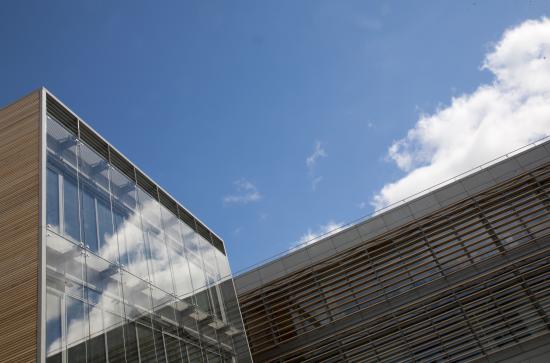
AS
POETRY CRITICISM
AND
One day symposium, Maynooth University, 21st March 2022.
Call for papers
How might we understand the at times fraught, at times generative relationship between poetry and criticism?
What does it take for poetry to be, as Matthew Arnold proclaimed, “a criticism of life”, or as Audre Lorde insisted, “a vital necessity… toward survival and change?” And what steps must we take to, in the words of Adrienne Rich, “enter an old text from a new critical direction”?
How might epigraphs function as critical measures of the poem which follows? Is there a different rhythm for reading reviews in the same magazine as we encounter poems? How does the poet-critic negotiate the demands of both roles in relation? And what work can poetry criticism do to bring about cultural awareness and even change?
Our chiasmus takes account of the symbiosis that exists between poetry and criticism, seeking to explore the reciprocity and tensions therein. Poems such as Alexander Pope’s An Essay on Criticism (1711), Anne Carson’s Glass Essay (1994), W.H. Auden’s The Sea and The Mirror: A Commentary on Shakespeare’s The Tempest (1944), and Vahni Capildeo’s reviews-in-verse in Skin Can Hold (2019) melt the distinctions we usually make between verse and prose, poetry and criticism, into air. Essays such as Sandeep Parmar’s ‘Not a British Subject: Race and Poetry in the UK’ (2015) and ‘Still Not a British Subject: Race and UK Poetry’ point to the work to be done in addressing the structures of whiteness in Anglophone poetry criticism, and “expanding the definition of innovative or avant-garde to account for challenges to the expressive and individual lyric mode posed by poets of colour.”
Whatever the relationship between poetry and criticism, it is one of vital importance, shaping how poems are written and received, canons formed, interrogated, and reformed, and poetic energies unleashed in both verse and prose.
This one-day symposium on March 21st at Maynooth University, Ireland, seeks to address such questions, and more, bringing together scholars working on poetry, poetics, literary studies, and other relevant areas. We especially welcome work from BAME/BIPOC scholars, poets and writers.
We are honoured to host Professor Sandeep Parmar and Dr Mary-Jean Chan as our joint plenary speakers.
While we hope this symposium will be in person (abiding by the Covid-19 measurements required by the Government of Ireland, which includes mandatory mask-wearing), we reserve the right to pivot online in the interests of public safety.
Please send us an abstract along with a brief biography to Dr Karl O’Hanlon and Dr Catherine Gander at [email protected] by January 15th 2022.
Possible topics might include, but are not limited to:
- Critical poetic forms (e.g. poetic essays, odes and palinodes, elegies, epistles, parody, burlesque, reviews-in-verse)
- Public-facing critical cultures (platforms, media, audience)
- Poetry criticism and race
- Poetry criticism and gender
- Poetry criticism and ‘craft’
- Poetry responding to criticism and vice versa
- The social function of poetry
- Reviewing and rhetoric: critical arguments in the ‘poetry wars’
- Canon formation, occlusion and marginalisation
- The role of the poet-critic
- Lyric subjectivity and new lyric studies
- The roles of various reviewing platforms
- Literary politics, self-fashioning and critical reputations
- Prose criticism and style
